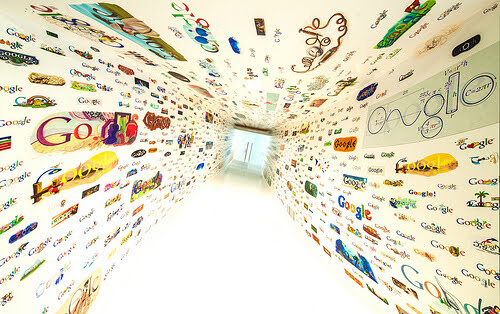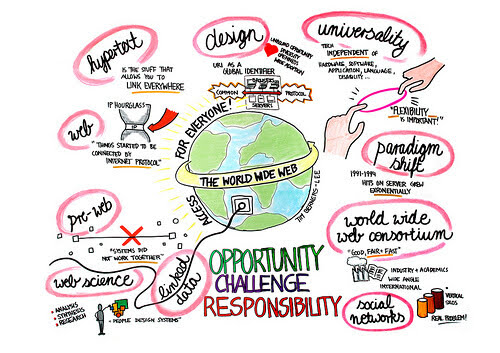One question that arises in basic SEO strategy implementation is about the use of article directories, article marketing, infographics and of course, social media. Each seems has an attraction but determining which is the most valuable can be difficult. Search engines essentially ask the same question. The answer is to attempt to arrive at the same conclusion. And while it appears it’s man versus machine, meaning web users versus search engines, both ought to be on the same page.

In the simplest terms, the job of a search engine is to return query results that match the user’s input. If you search for a specific item, that item ought to pop up. If you search how to do something there should be a list of how-to articles. And those results should not include results that do not meet your search term criteria.
Distinguishing Differences
Not all optimization methods produce the same results. And as new updates roll out, many of the tried-and-true methodologies no longer have much or any value. What did produce demonstrable results now do nothing at all or actually hurt a site’s SEO. And the differences are astounding:
- Article directories are the result of link building campaigns, based on what are now age-old search algorithms. These sites encourage anyone and everyone to submit content for the sake of having content and building backlinks or inbound links. Google’s Panda update and others essentially ended this as an effective strategy.
- Article marketing and guest blogging is the practice of writing content for another person’s blog or website. The content is what makes the difference–the former is typically about the author or the author’s site while the latter is about a topic relevant to the publisher’s content. In both cases, the guest author is portrayed as an expert.
- Social media is using online social platforms to promote a business, site or blog by the owner in an attempt to get other subscribers voting it up by places links on their profiles.Google, and Bing largely stayed on the sidelines as social media grew into a massive web presence. The decision was based on the best use and long term goals of each web directory. The conclusion was putting a substantial load on their servers for something that might have been a fad wasn’t worth the time and effort. But when these platforms became legitimate online destinations, the search engines began to index them. This phenomenon was acknowledged by Google’s own Matt Cutts.
- Infographics aren’t new but they’re gaining popularity. The reason is because these visuals are short reads, fact-packed and easy to share. However, their very make-up causes these digital elements to be difficult to optimize, so their value is somewhat compromised.

Effective Versus Futile
Social media is link sharing, plain and simple. It’s based on people sharing common interests through bursts of texts, uploading images and videos and including links to various sites and blogs. It is interactive by nature and easy to digest.
In short, social media is fast news without the pomp and circumstance of broadsheets and news personalities. Article directories are more of an encyclopedia. Encyclopedias without a truly navigable index and just as out-of-date as the print editions which circulated over fifty years ago. The information is stagnate and lacks the flash of images, audio and video. But directories are no longer a viable optimization element.

Infographics are a great tool to relate information in a digestible snippet. But there are limitations to their on-page SEO. However, the fact these are so easy to pass-on to others and back-link to on other websites more than make-up for their shortcomings. That is, unless the infographic itself is woefully inept.
…low quality infographics (for example, ones with inaccurate information) or low relevance infographics are a natural target for Google, thought these things may be hard for them to detect algorithmically. However, infographics may get targeted a bit more broadly as Google has concerns about whether people accepting infographics really care about endorsing the page that they end up linking to. —Search Engine Watch

Looking through this lens, it’s not hard to see which search engines choose to prefer. As for article marketing, it can still be effective, so long as the publisher is reputable. But guest blogging remains far more effective than submitting content to article directories. And social signals in search engine algorithms have been significantly increased in their importance. That makes social media one of the most powerful forms of SEO.
For more information about the latest SEO trends and getting more traffic to your site, contact us.

